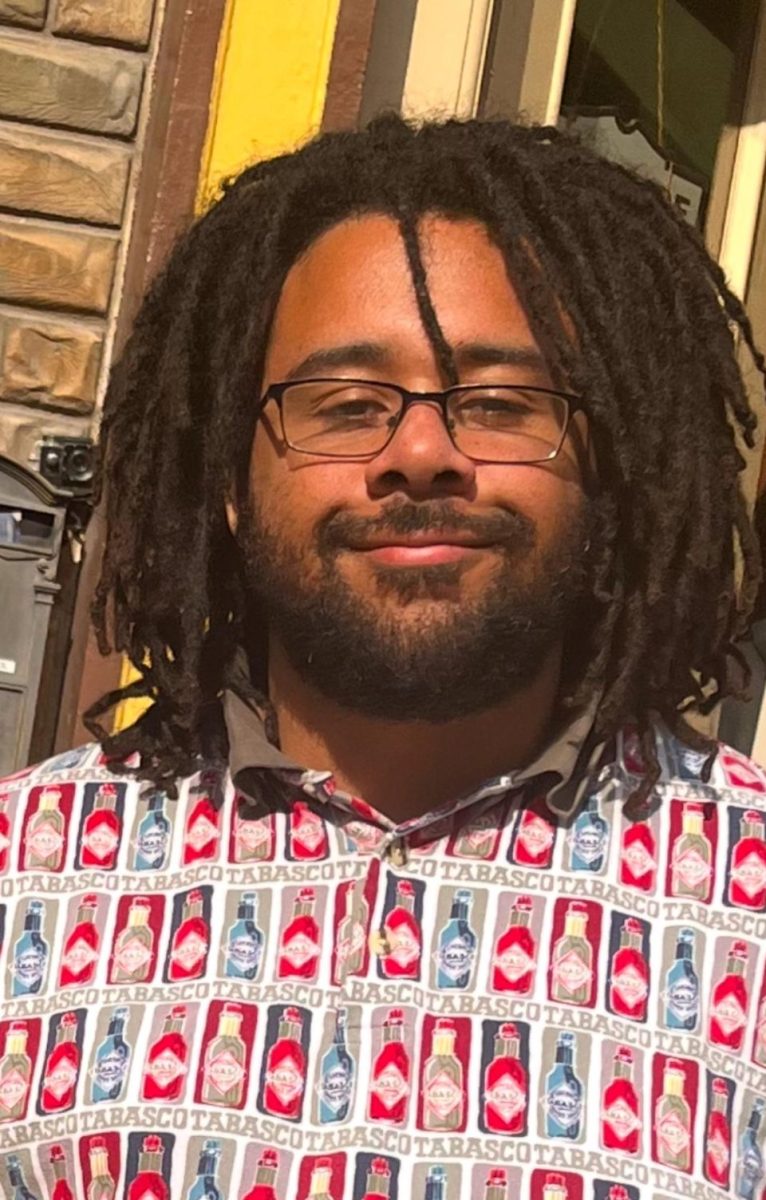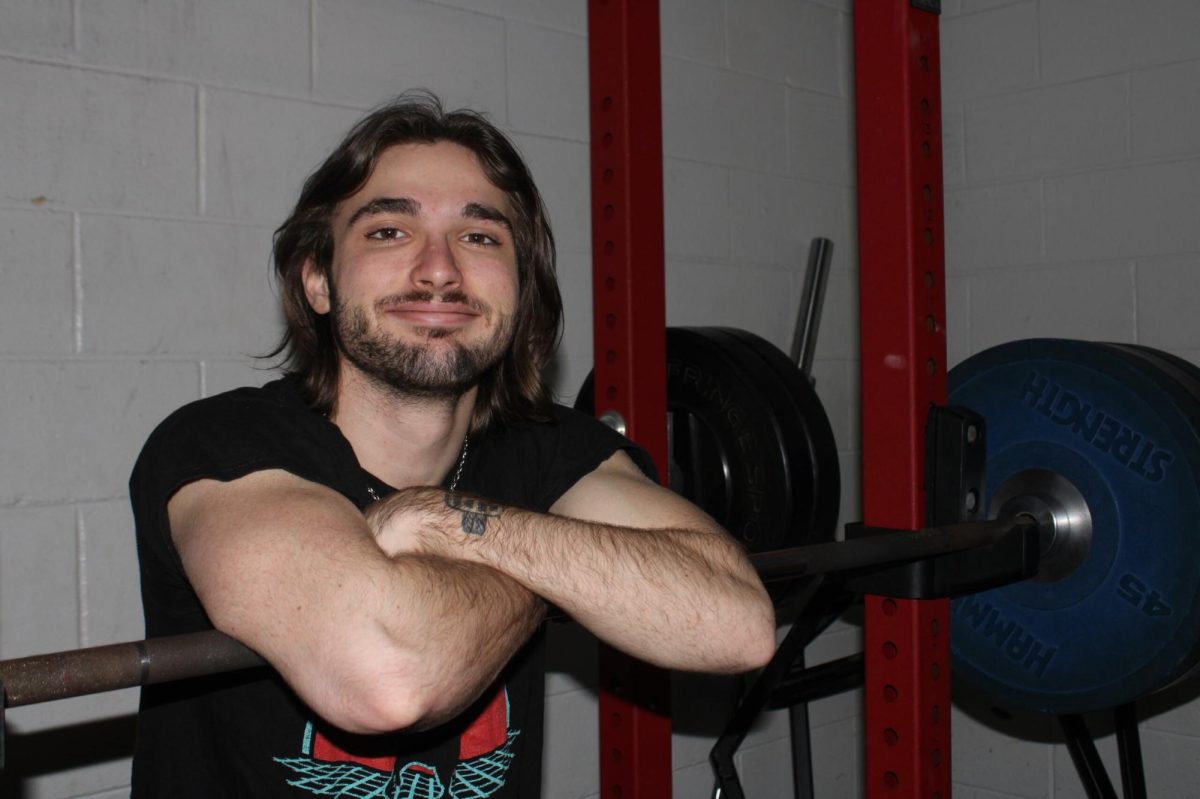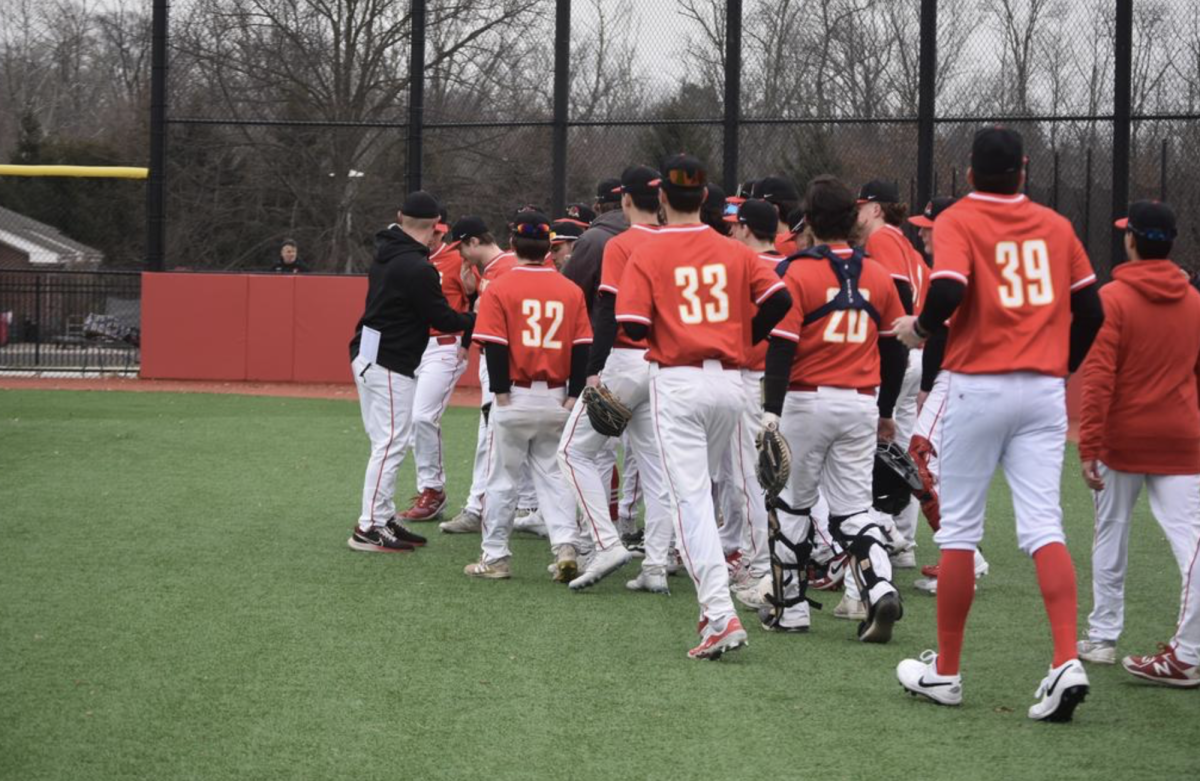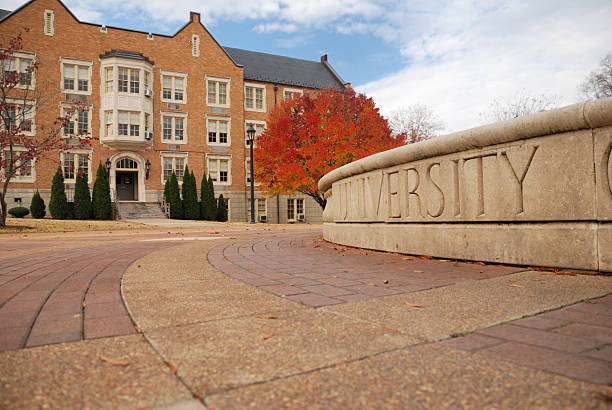Auburn University introduced safety app
In response to increased on-campus safety issues, Auburn University introduced a safety app that communicated directly communication with campus safety and security for everyone. The app also includes a “How To Respond” tab, which basically includes a lot of safety measures such as evacuation routes, shelter, medical information and so much more to help provide the people of Auburn University with important information incase of an emergency. A great feature that the safety app offers as well is the “friend walk,” which allows you to share your location with a friend in real time. Your friend will be able to see where you are at all times on campus, and also call for help to your exact location if necessary. Another important feature that helps provide safety for students on campus is the night security shuttle. This is a way for students who need to be escorted around to any on-campus location at night. The Auburn University Department of Campus Security also offers a course called the “R.A.D” program. This course helps students learn safety techniques in case of an emergency.
Philadelphia School Surveys Students About Their Safety

This graph was conducted by the Pennsylvania State System of Higher Education. In this graph they surveyed students and asked them if they feel safe off or on campus, whether they agree, disagree or are neutral. This graph only states the agreement percentage for each question listed above.
Source: Pennsylvania’s State System of Higher Education
Academic approaches to nonviolence
Within the United States, there has been a significant increase in the study of peace, which is also referred to as irenology or peace studies, since the 1950s. In 1981, at the time there were 75 colleges and universities offering peace study programs, according to Schwenninger and Singerman’s the third edition of Peace and World Order Studies. By 1995, the Consortium on peace education, research, and development also known at COPRED recorded 136 such programs. In 1986, COPRED’s directory had exactly 100 programs listed, and by the late 1980s, an expert esitmated around 300 colleges and universities offered peace studies courses, with 150 having some form of peace studies program. Higher education institutions connect academic and research to peace and non-violence, including institutes, majors, courses and events. One example is Stanford University. They have an institute on Nonviolence and Social Change. This institutes hosts seminars on nonviolence, public forums, women’s night and youth nights, and more. Harris Wofford, (a civil rights expert and an ally of Martin Luther King) and James Lawson (a minister in the nonviolence resistance, MLK spoke of him as the noble men who influenced the black freedom struggle) have addressed students through the institute. Another example would be The University of San Francisco, with their institute for nonviolence and social justice. The institution’s goal is to work on important social issues in their local areas, across the country, and also globally. It aims to highlight the widespread of violence that affects our society and the world today, seeing it as a serious health problem, and the institution wants to do something about it. The aim is to really help students, activists, and thinkers who are fighting against all kinds of unfairness.
Gwynedd Mercy University integrates nonviolence and peace in academic courses, signature seminars and as a critical concern tied to institutional mission.
Nonprofits support non-violence educational efforts
It’s On Us , a non-profit organization founded in September 2014, prvodies educational programming to hundreds of campuses. The plan started because the White House Task Force said it’s important for everyone to talk about stopping sexual assault. In the last six years, It’s On Us has become an influential nonprofit program for preventing sexual assault and helping survivors on college campuses.
Peace OUTside Campus, a non-profit focuse on hope and peace, encourages students to promote peace within the college that they attend and to help others in need.
Temple Launches Task Force on Violence Reduction
In January 2022, Temple University launched two initiatives, including the creation of a task force on violence reduction. Taking into account best practices and innovation initiatives that would suggest how Temple could continue its progress, the Task Force intends to convene representatives from Temple’s campuses and communities for a shared assessment of what has been achieved so far in addressing violence on campus. The person in particular who will be the commander of this project is Associate Dean Jennifer Ibrahim, and joined by staff, faculty, students, parents, and community members.
Also, in late November that same year, Temple released their second important initiative for campus safety. The person behind this second initiative was former commissioner of the Philadelphia Police Department Charles H Ramsey. Ramsey has accomplished various achievements throughout his career as commissioner from 2008 – 2016, saw the homicide rate drop by 37% and violent crime decrease by 31%. Also he co-chaired Barack Obama’s Task force on 21st policing. Knowing these prominent accomplishments, Ramsey is now a valuable resource for keeping the Temple University campus safe.
The Task Force Enhancements
The details and specifics.
The Temple University Task Force on Violence Reduction has a lot planned for their students to keep them out of harm’s way. Temple University is stationed in North Philadelphia. According to the NBC Philadelphia, shootings within Temple campus patrol have nearly tripled in the last 4 years. Knowing this, it is important to create immense protection upon their students on campus. On February 14th, 2022, Temple launched their new violence reduction app called “Guardian.” This app is a way for students with a touch of a button on their phones, they can contact the police without having to call 911 to request and escort them around the campus. The app is also used as a way to report suspicious activity that is documented within the database.
Additional specifics that have/will be added are technology enhancements. Such as more lighting on campus, to help ensure students can see their surroundings at night, more cameras and emergency phones. Also another very important addition is that more Philadelphia police officers will now be patrolling the campus. Campus police has also doubled as well. According to Stephen Orbanek “Temple police officers and trainees are being hired following January recruitment efforts. So far, four new police officers are on patrol, six individuals have been hired as officers or trainees, and 12 more already-trained officers have begun the interview process” (Orbanek 2022).
This post is the second in an ongoing series exploring the Critical Concern of Non-Violence. This focus on college campuses aims to understand our understanding in our region and beyond.
Check out this related content: ://digcomcrew.org/987/critical-concerns/pushing-for-equality-on-campus/













